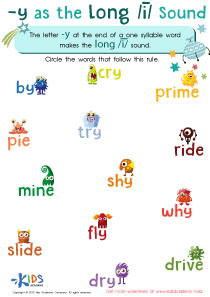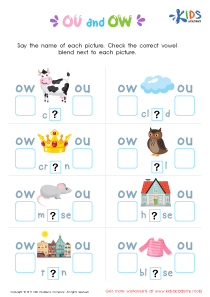Spelling practice Short Vowels Worksheets for Ages 4-5
4 filtered results
-
From - To
Our "Spelling Practice Short Vowels Worksheets for Ages 4-5" are expertly crafted to help young learners master essential phonics skills. Designed with engaging exercises, these worksheets focus on short vowel sounds, which are fundamental for early reading and spelling development. Each activity is age-appropriate and encourages hands-on learning, reinforcing recognition and pronunciation of short vowels in an enjoyable way. Perfect for both classroom and home use, these worksheets provide a solid foundation in literacy, ensuring that your child builds confidence and proficiency in their reading journey. Start your child's spelling practice today and watch their skills flourish!
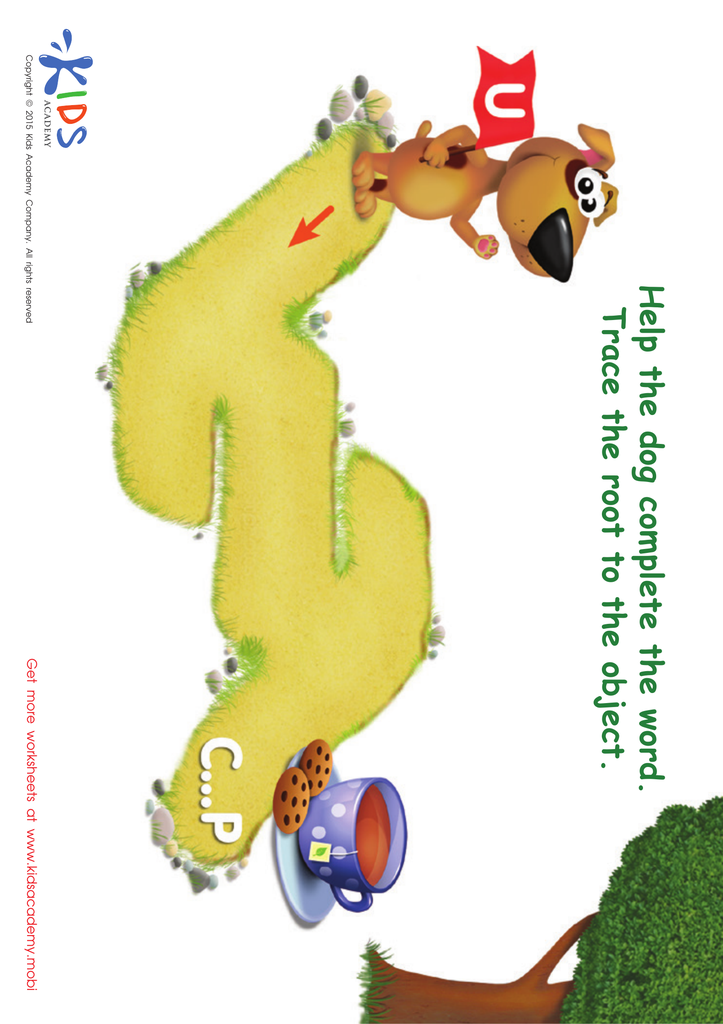

Short Vowel Sound U Worksheet Worksheet
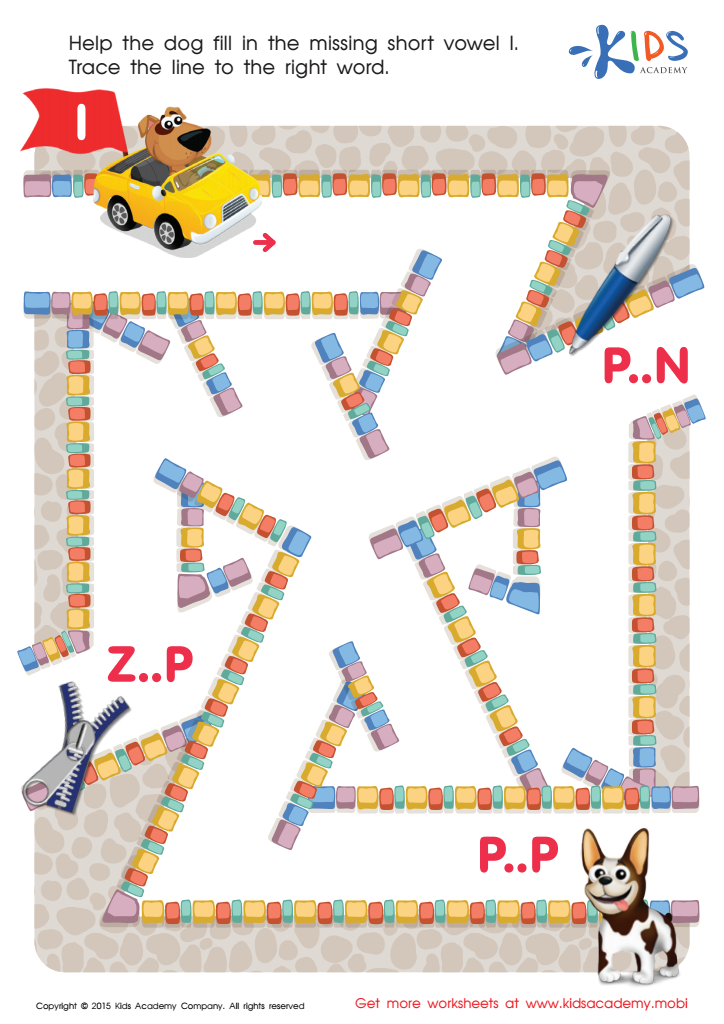

Short Vowel Sound I Worksheet
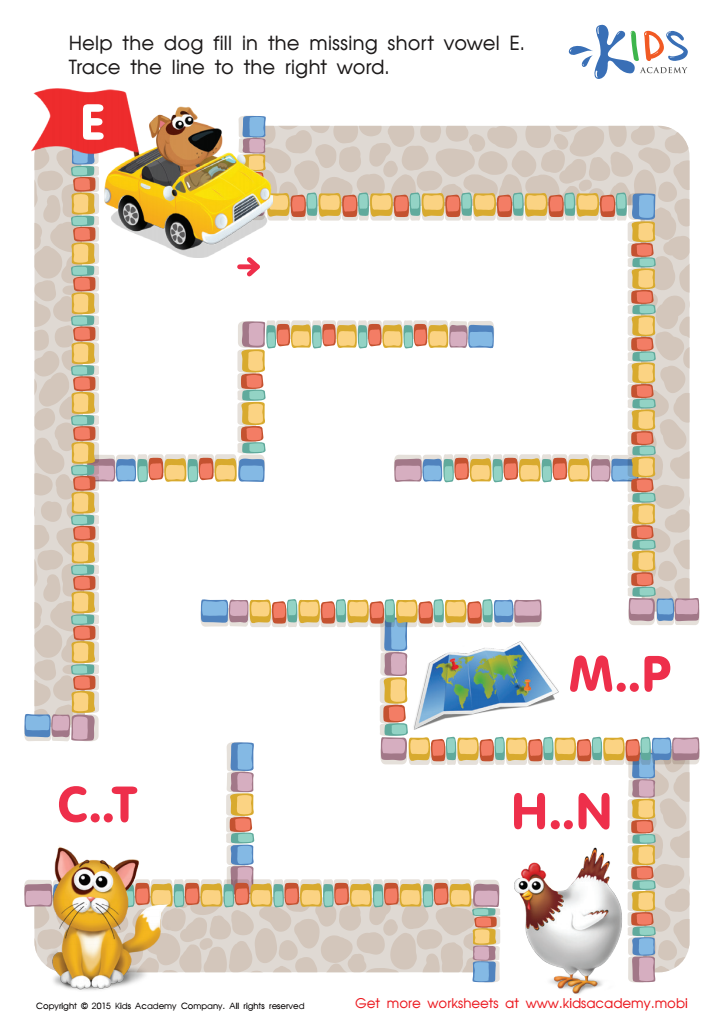

Short Vowel Sound E Worksheet
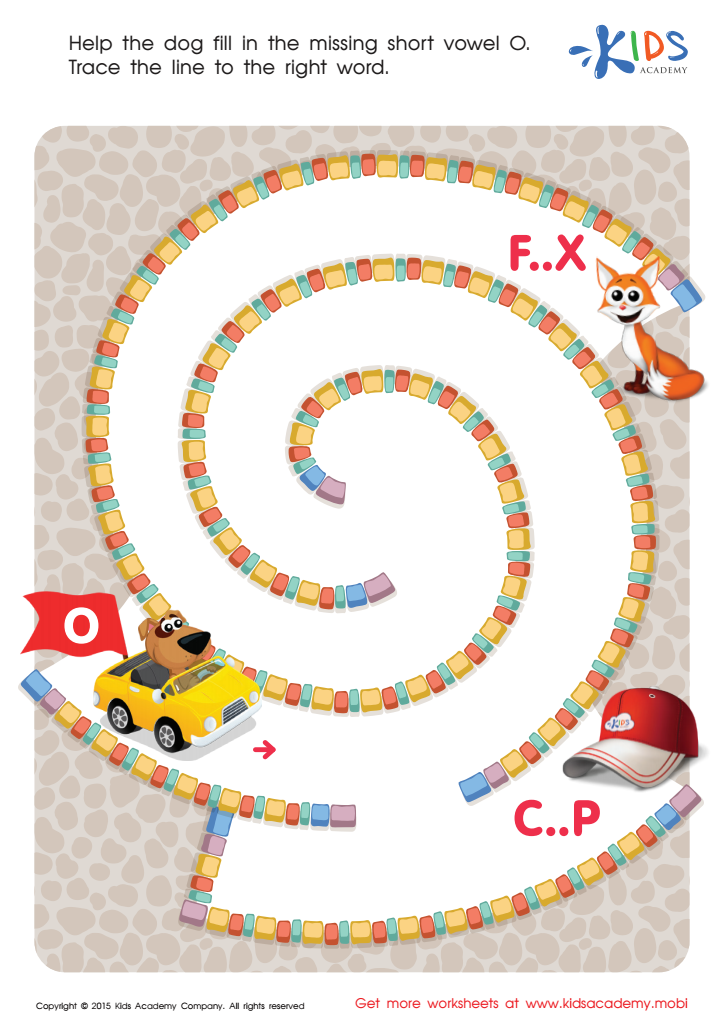

Short Vowel Sound O Worksheet
Spelling practice focused on short vowels is crucial for children aged 4-5 as it lays the foundational skills for their literacy development. At this formative age, children are typically starting to recognize letters and sounds, and understanding short vowel sounds (e.g., 'a' in cat, 'e' in bed, 'i' in sit) is an essential component of phonics— the method of teaching reading and spelling.
When parents or teachers ensure children practice short vowel sounds, they help develop phonemic awareness, the ability to hear, identify, and manipulate sounds in words. This skill is vital for decoding new words and aids in making the connection between letters and their corresponding sounds, a step that is fundamental in learning to read.
Moreover, mastering short vowel sounds aids in improving spelling accuracy. Early practice reduces confusion between similar-sounding vowels, fortifies memory for word patterns, and enhances vocabulary. As children gain confidence in reading and spelling simple words, their motivation to learn grows, promoting a positive attitude towards learning in general.
Consequently, active involvement of both parents and teachers in ensuring robust short vowel practice cultivates crucial early literacy skills. This early scaffolding supports smoother transitions into more complex reading and writing tasks, ultimately shaping proficient, confident young readers and learners.

 Assign to My Students
Assign to My Students






